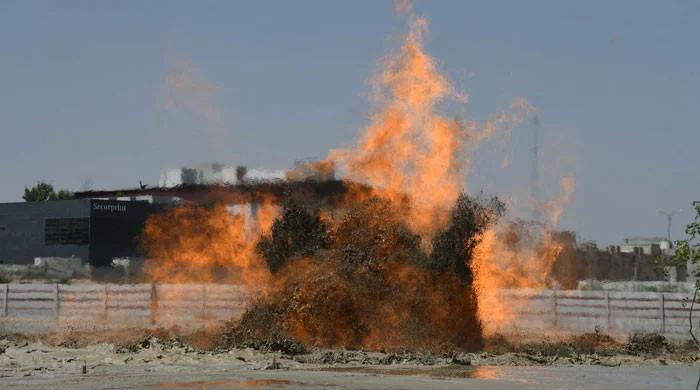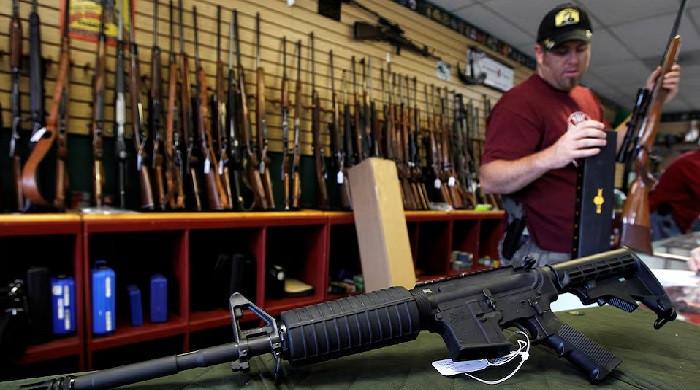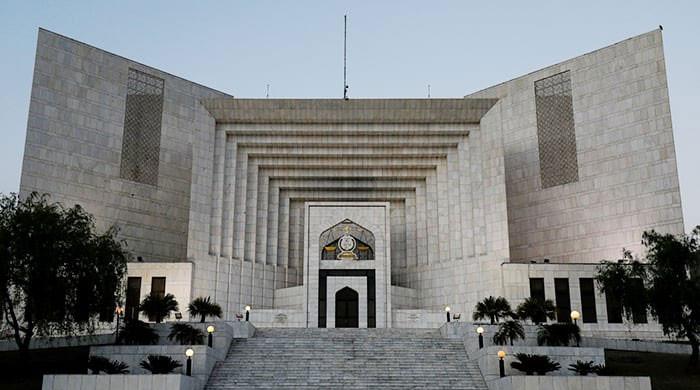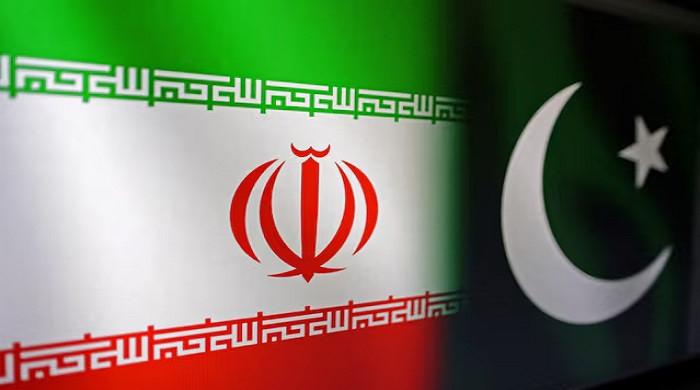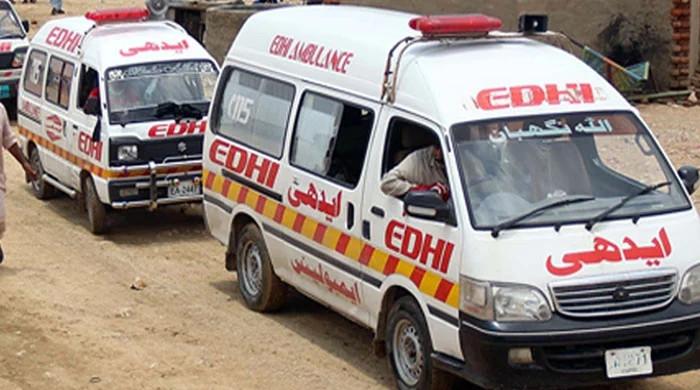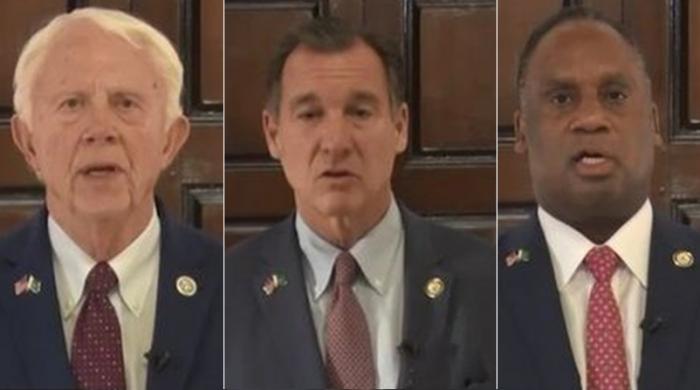Tarin unveils govt’s aggressive 'bottoms-up' approach to transfer 'real benefits' to poor
Govt believes 'trickle-down' approach to economics doesn’t work; introduces its own model for direct resource transfers
June 11, 2021
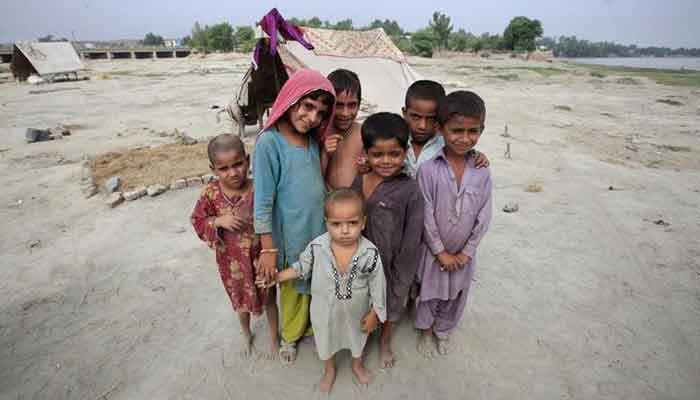
- Shaukat Tarin says 'trickle-down' approach never brings real relief for the poor; introduces government's 'bottoms-up' approach to change this.
- The uplift scheme will empower 4-6 million households to take charge of their own welfare.
- Package to offer credit, free of interest; health cards; technical training.
The "trickle-down" approach to helping the poor in macroeconomic policy has never translated into "real relief" for the most downtrodden, Minister for Finance Shaukat Tarin proclaimed today on the floor of the National Assembly as he presented the government's proposed budget for FY2021-22.
He was about to present the government’s own model for resource reallocation aimed at uplifting the most vulnerable segments of society.
Tarin said beginning next fiscal year, the government will instead pursue a "bottom-up approach" for the 4-6 million households most vulnerable to the vagaries of the economy.
Government targets 4.8% growth in 'people-friendly' 2021-22 budget
The package, which aims to provide substantial sums of credit, free of interest for the large part, to the most vulnerable segments of society (details below), will be aimed at empowering the poor to take charge of their own welfare.
Under the approach:
- Every non-farming household will be provided interest-free loans of up to Rs500,000 to start a business;
- Every farming family will be given a sum of Rs150,000 to help harvest new crop as an interest-free loan. A further Rs200,000, also free of interest, will be provided to purchase tractors and farm machinery;
- All vulnerable households will be given low-interest loans of Rs2 million as part of a low-cost housing scheme so they can become home owners;
- Every household will be provided the Insaf Sehat Card;
- And one member of every household will be provided free technical training.
Tarin said: “For 74 years and counting, the impoverished people of Pakistan have longed for their economic wellbeing, but the benefits of economic growth never reached them.”
He said the trickle-down approach “is a concept that only works when there has been consistent economic growth over 20-30 years”.
"Unlike in the past, we will not leave our underprivileged sections of society at the mercy of the 'trickle-down effect'," Tarin vowed.
"[These benefits] have never materialised in our economic history," he pointed out, adding: "The dreams of the poor remained unfulfilled."
He said the prime minister wishes to change the fortunes of people and correct the course of Pakistan's history.
'Everyone will be happy' with budget 2021-22, says PM Imran Khan
The finance minister said that by directly redistributing resources in this way, the government will be equipping the poor with a "complete package" for their uplift, slogans for which were raised many times, but which never saw any on-the-ground action.
He said that this step is a major feature of the vision of a nation modelled after the Riyasat-e-Madina, which the prime minister has targeted.




